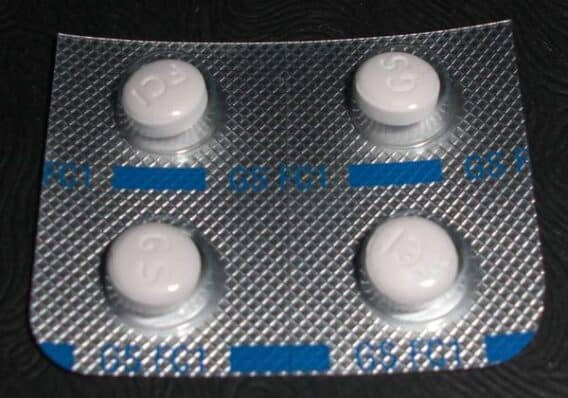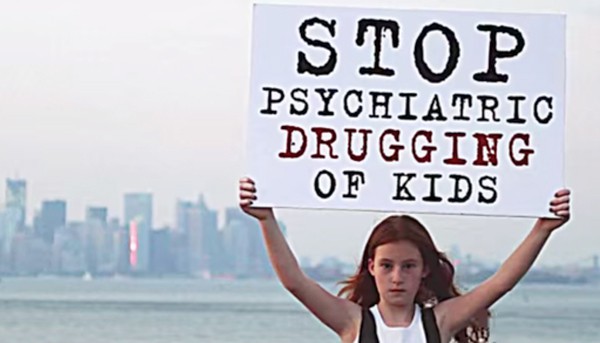The Medication-Induced Suicide Prevention and Education Foundation in Memory of Stewart Dolin (MISSD) was founded after Stewart Dolin died 10 years ago today while suffering from akathisia. Stewart had taken a generic form of Paxil for six days prior to his sudden death. Paxil, which is made by GlaxoSmithKline, is the drug paroxetine. It is also marketed in the UK under the brand name of Seroxat.

“Akathisia is a disorder, induced as a side effect of medications, which can cause a person to experience such intense inner restlessness that the sufferer is driven to violence, self-harm and/or suicide,” said Wendy Dolin, founder of MISSD. “It can occur when stopping, starting, or changing the dosage or type of certain medications. Akathisia can lead to iatrogenic suicide. Iatrogenic means caused by medication or medical treatment.”
Many pharmaceutical products can induce psychiatric adverse effects that are tragically misdiagnosed as symptoms of possible illnesses printed in the Diagnostic and Statistical Manual of Mental Disorders.
Psychiatric adverse effects can occur upon drug withdrawal, drug intoxication, and at what is advertised by drug makers as therapeutic doses.
“COVID-19 has increased public awareness of drug risks. Given that some drugs being explored as COVID-19 treatments can cause akathisia, now more than ever, it is time to talk about akathisia so that lives can be saved,” said Dolin.
Selective serotonin reuptake inhibitors (SSRIs) are one class of drugs that carry the Food and Drug Administration (FDA) black box warning of increased risks of suicidality for ages 24 and under, however, people of all ages can develop akathisia. The FDA black box warning is the most serious product warning any drug can carry. Commonly marketed as antidepressants, SSRIs that have FDA black box warnings include Prozac, Zoloft, and Paxil. Other pharmaceutical products that can cause akathisia are various drugs prescribed for acne, malaria, asthma, and high blood pressure.
“It is important that health care consumers and caregivers carefully read all patient information leaflets and be aware of serious adverse drug effects,” said Dolin. “If you or a loved one may be experiencing symptoms of akathisia, go to the nearest emergency room or contact your doctor and specifically mention the word “akathisia” as a diagnostic possibility.”
MISSD, a 501c3 non-profit organization, honors the memory of akathisia victims through awareness and education and aims to ensure people suffering from akathisia are accurately diagnosed so that needless deaths are prevented. The foundation accepts no funding from the pharmaceutical industry. All MISSD educational resources are free and include an accredited, one-hour, online course, two public health videos, and an Akathisia Stories podcast series featuring experts by experience.








